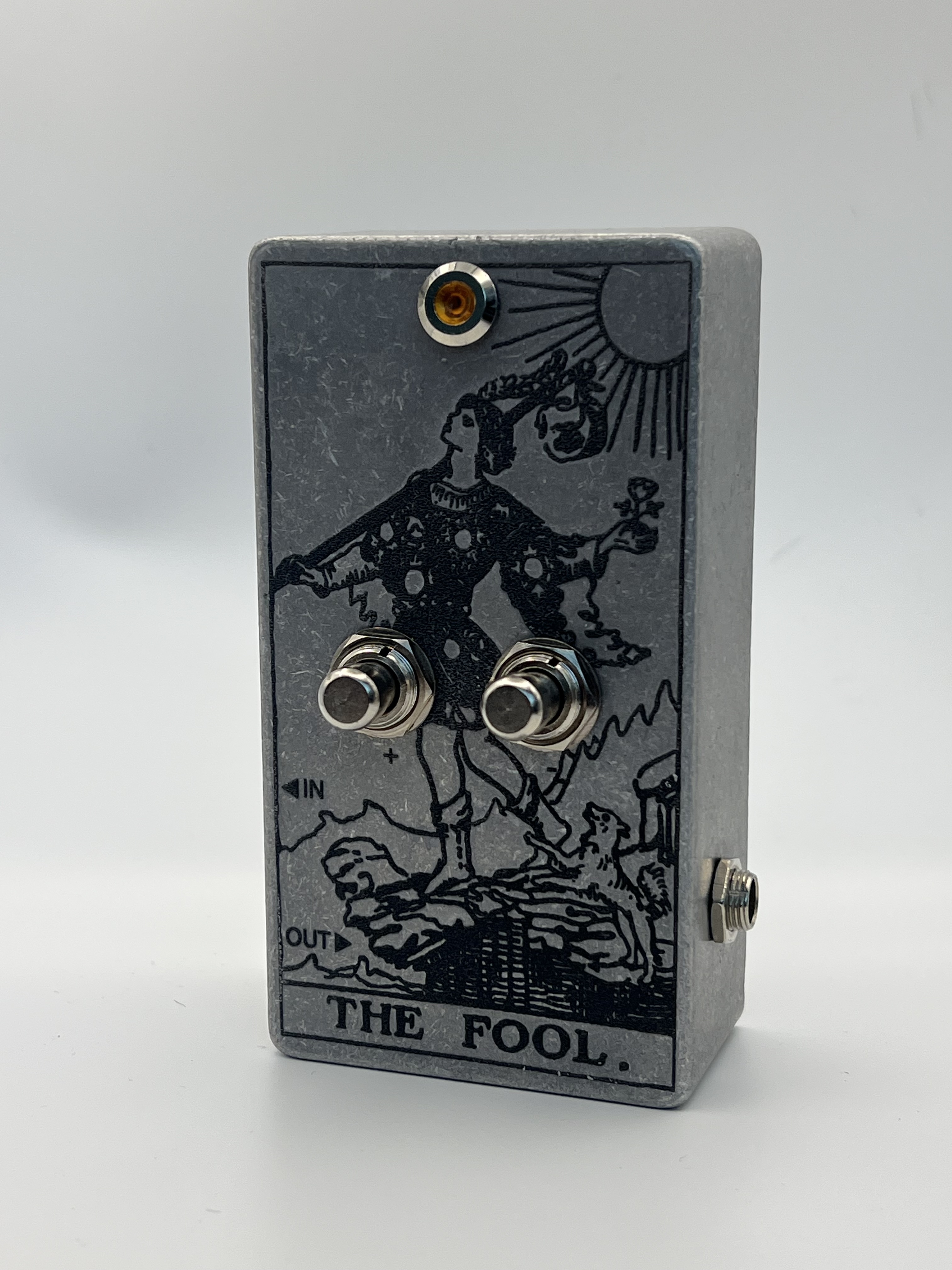AI Guitar Pedal
AI for the arts has so much theoretical potential, but yet its applications tend to be heavily destructive towards human musicians, and often relegated to simply making infinite shallow copies of existing music. In my own research, I am more interested in the question of how it can be harnessed and integrated into instruments, interfaces, and other actual physical tools that musicians use as a means of discovering, distorting, and playing with new sounds.
I’m interested in this question of what happens when we treat AI not as a divine bestower of perfect musical artifacts, but rather as a collaborator in a shared artistic experience. Practically, this means doing to AI what musicians have done with previous technologies for hundreds of years: integrating them in live performance, pushing them to their limits, and very likely misusing them beyond their original purpose. In this case, I wanted to explore blurring the lines between model, instrument, and hardware by deploying an AI agent into perhaps the most classic of all live effects engines: the guitar pedal. Rather than fight the lack of control presented when deploying AI systems in music, I wanted to harness it as a musical effect by having this AI pedal react to the playing of the individual, alter its processing, and respond to human feedback to create a sort of “co-improvisatory agent”.
Practically, the pedal has no knobs or other traditional controls other than the mysteriously marked + and - buttons for positive and negative feedback. In a certain sense, you are putting your trust entirely in the AI model to control the processing of your sound, thus surrendering a bit of your musical autonomy à la John Cage. The effects engine can be manipulated with the +/- buttons to traverse the parameter space according to simple reinforcement learning techniques based upon the performer’s feedback, thus achieving a sort of “AI guitar pedal that learns the performer”.
Internally, it is implemented with a Bela Mini - a relatively new single-board computer that is heavily optimized for music and some simple AI interaction modalities. The software is done in Supercollider with heavy use of the FluCoMa library.
The name and design are inspired by the Fool tarot card, which historically signified new beginnings and the path towards self-discovery and the pursuit of knowledge.
